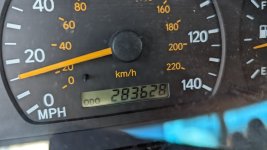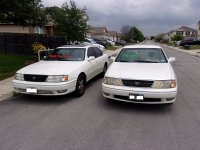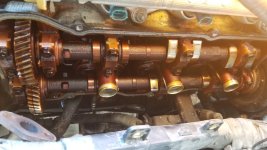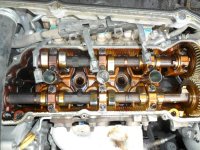It’s not true but can be challenge to keep older going without access to reasonable repair. I drive old but have very reasonable repair$70/hr just takes weeks to get appointment and your car may sit there for 2 days while worked and more parts acquired.They probably shouldn't be buying new cars or anything close to new. I bet most of these are 55+ drivers. I understand the indoctrination that has gone on for 40-50 years that you need a new car for it to be dependable, but that's simply not true. It's a shame people didn't learn/teach themselves differently through those years.
It is also personal finance. Most people don’t have will to buy what they can afford cash so they finance. It’s harder and expensive to finance repairs so they trade off neglected and in need of repair rides. They know it costs X per month not a pop $2000 repair. They don’t realize or will if they just saved couple hundred per month $2000 is a non event. Again personal finance. My wife and find after 7 years of $200/month you repair vehicle no surprises and nearly acquire a newer vehicle.




